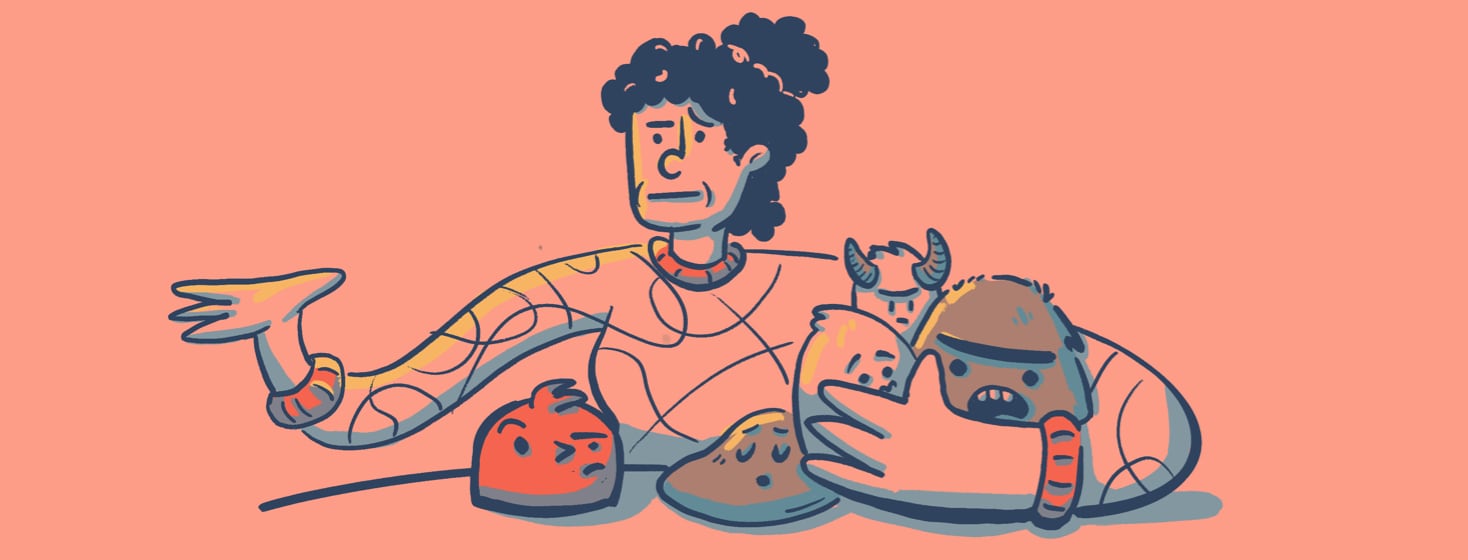Life With An Invisible Illness
When I first became sick with lupus, nearly everything about my life changed. I had once juggled my college classes with work and a social life without too much difficulty. But after becoming ill, going to just one class would send me to bed in exhaustion. I went from being an organized student and the friend who remembered everyone’s birthdays to someone who frequently forgot about homework assignments and couldn’t remember conversations I’d just had. Before lupus, I had been able to eat whatever I wanted. After I got sick, I couldn’t figure out which foods I’d be able to keep down and which foods my constant nausea would force back up.
Still me despite lupus
But the one thing that did not change when I got sick was my appearance. The same face I knew stared back at me every time I looked in the mirror. The same brown eyes. The same brunette hair. I couldn’t understand how I could possibly look so normal despite being in so much pain.
The fact that I looked normal wasn’t just confusing for me. It was also confusing for my classmates, friends, and family. My parents couldn’t understand why I needed to rest all the time or why I no longer had the energy to help clean up after Thanksgiving dinner. My friends had to learn to slow down for me when we went out shopping.
I do not look sick sometimes
What scared me most about my appearance was that even my doctors were fooled by it. "Well, you look good," one doctor told me at an appointment, then declined to run any tests. I started not wearing makeup when I went to the doctor, hoping to look as exhausted as I felt. It took nearly a year and seven different doctors for someone to finally recognize that I was severely ill.
Sometimes I feel fortunate not to have to explain my appearance to others. Having an invisible disability means not having to mentally adjust to an appearance that falls outside what society considers "normal." It means being able to hide my illness in plain sight. But looking “normal” also means that I don’t look like someone who needs help even though I am. Having an invisible illness means constantly wishing people could see that life isn’t as easy for me as it looks.
I am more outspoken about living with lupus
Living with an illness that no one can see but has taught me to be more vocal about what I need. Now when I need to sit down when out with friends or family, I say so directly. The people who care about me always listen and try to understand. As much as it hurts, I have had to cut out the people who do not listen or try to understand. I’ve learned that sacrificing my needs to please the people around me can be extremely dangerous for my health.
Nearly 15 years after I first got sick with lupus, I speak and write about my disease openly. My illness might not be visible, but I hope that in writing and talking about it, I can help people understand that what we can’t see hurts just as much as what we can.
This or That
I wish my illness wasn't invisible.

Join the conversation